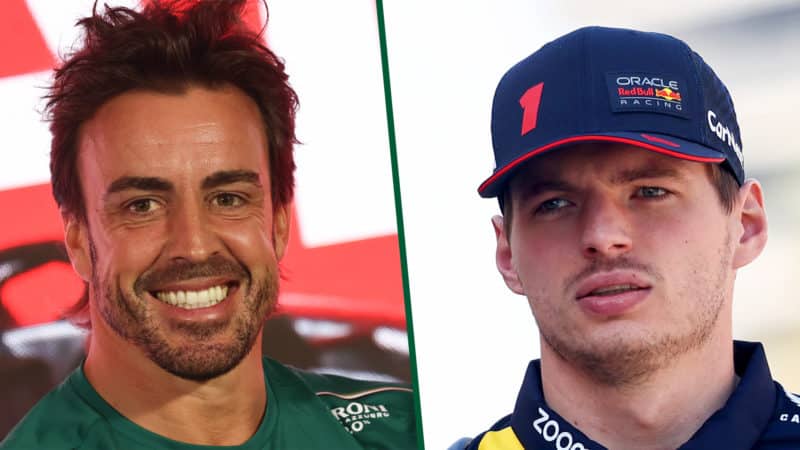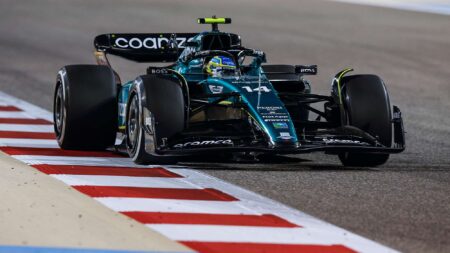Potential world champions may have to endure many years of not being able to fight for those titles, but it’s usually pretty obvious who they are. Verstappen from some point in the first half of 2018, once he’d stopped over-striving, was an obvious title contender given the right car. Fernando Alonso – who with just eight more career points distributed in the appropriate way would be a five-time champion rather than a two-time – in the right car could have been fighting for championships for the last decade. Hamilton in his McLaren years looked set to be overshadowed statistically by Sebastian Vettel but it was always obvious he could add to that 2008 title in the right car. Of those who never did fight for a title, peak Daniel Ricciardo could probably have done so, as could Robert Kubica before his rallying accident. Charles Leclerc can be added to that category now, as possibly could Lando Norris and George Russell. These are elite performers, beyond the very good.
But if you are looking for correlation between results and driving merit, you’re following the wrong sport. It’s natural that when an elite level driver gets into the best car, because the competitive cycles in F1 are typically several years, that driver’s statistics get amplified. The competitive game is to achieve the peak combination of team and car. If that gets achieved with a driver who may be slightly better or slightly worse than another elite driver who is not in a competitive car, it’s an irrelevance. The game for the elite level driver when that opportunity arises is to extract the results, withstand the pressures of the campaigns and to surf that competitive wave for as long as possible in the full knowledge that your team cannot retain the technical advantage indefinitely. When it ends, there should be a certainty that the situation was maximised. But it’s difficult to imagine then having the competitive will to maintain that level of intensity when the circumstances reduce.
Then there’s Fernando Alonso. He sets the standard here. No-one else in the history of the sport has ever maintained that level of performance for so long after their title-contending circumstances fell away. Regardless of the part he may have played in those circumstances not being as favourable as they might have been, to have maintained this intensity long enough to have received what may be a chance to win grands prix once more a decade after his last one verges on miraculous.



